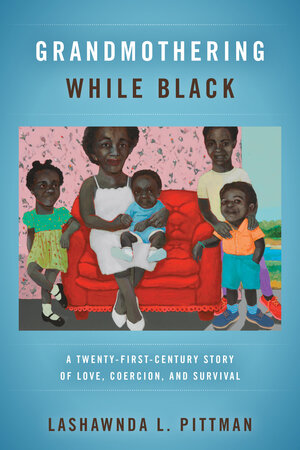
Los efectos de la pandemia de COVID-19 en el trabajo doméstico remunerado en América Latina
December 30, 2020
Double Jeopardy: The Pandemic and longstanding Privatization of US Long-Term Care
January 28, 2021By Amy Armenia
01/19/2021
As the United States plans to inaugurate a new president tomorrow, care scholars are looking at a set of campaign promises that put a broad focus on care issues. Quoted in the New York Times in late November, Ai-Jen Poo describes the Biden/Harris plan as notable for how, “it approaches the care economy in a holistic way, across the age spectrum.” The platform doesn’t separate the issue by age of care recipient, or by paid and unpaid care, promising a broad approach to a set of issues that have been largely neglected by the prior administration.
The Biden plan includes paid family leave, changes to Medicaid to cover home caregiving, and the creation of jobs to address crises in child care, elder care, and social work.
Certainly, it may be a challenge for Biden to make inroads into the care crisis in the midst of spending for rescue packages, and a contentious transition. However, as many feminist economists have argued in recent months, strengthening the care sector and improving the economy are not goals that need be at odds with each other. The UK Women’s Budget group argues that investing in the care economy can boost employment, address the current crisis in care, and reduce gender inequalities, with more bang for the buck than traditional public works investment projects.
We look forward to following these proposals from the realm of campaign promises to enacted law, and remaining vigilant that these proposals create good jobs, without exacerbating the inequalities that characterize the care sector.


